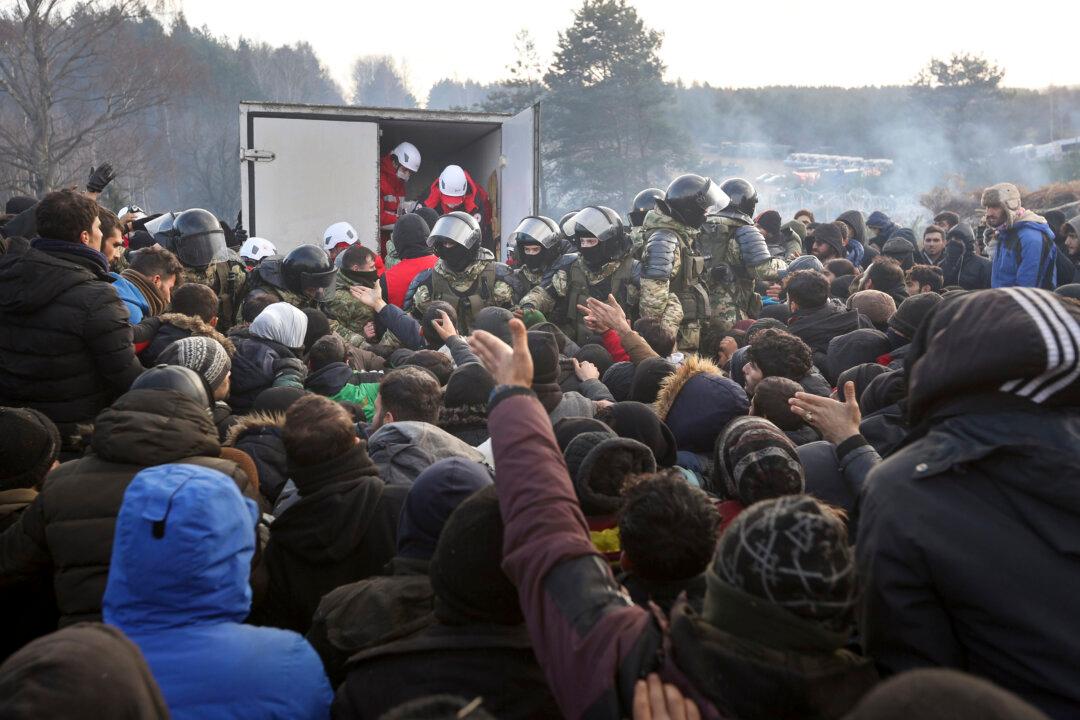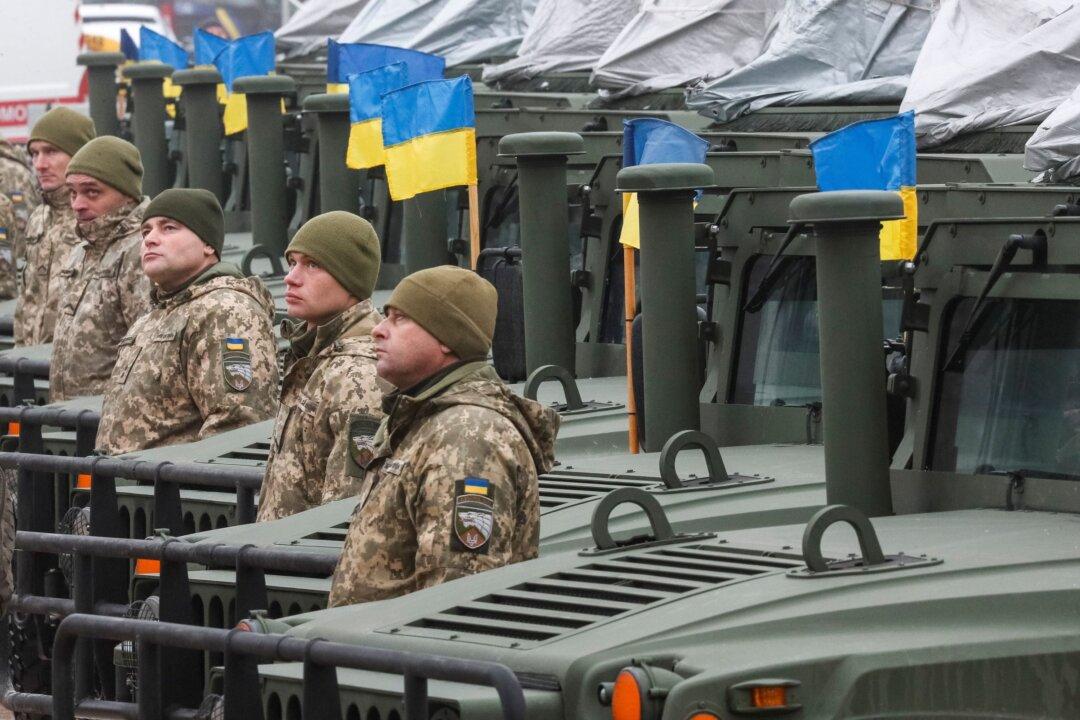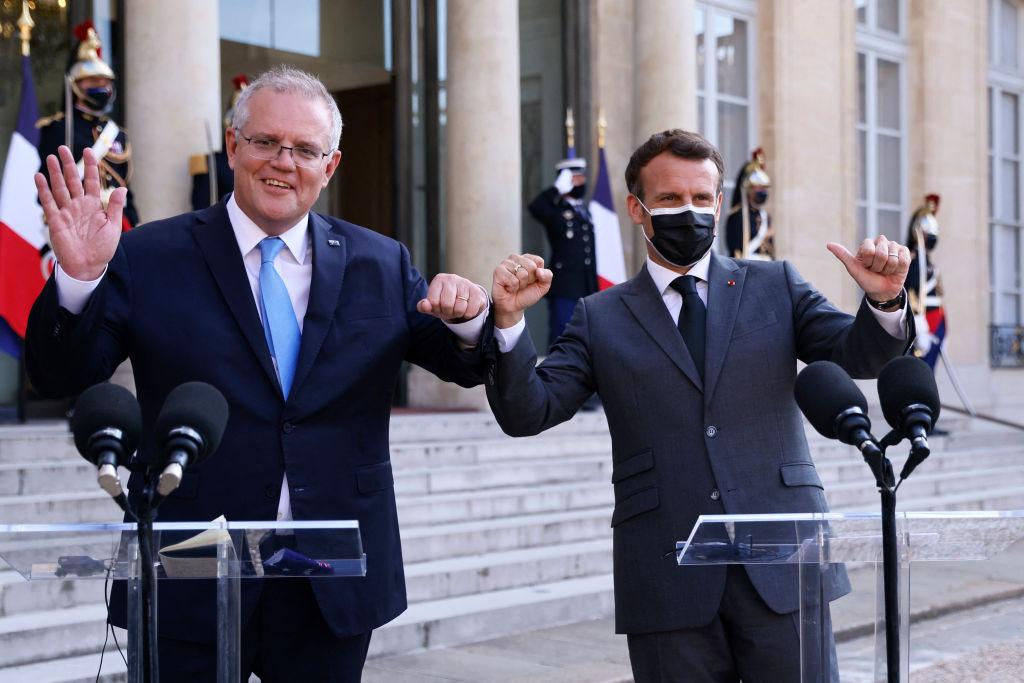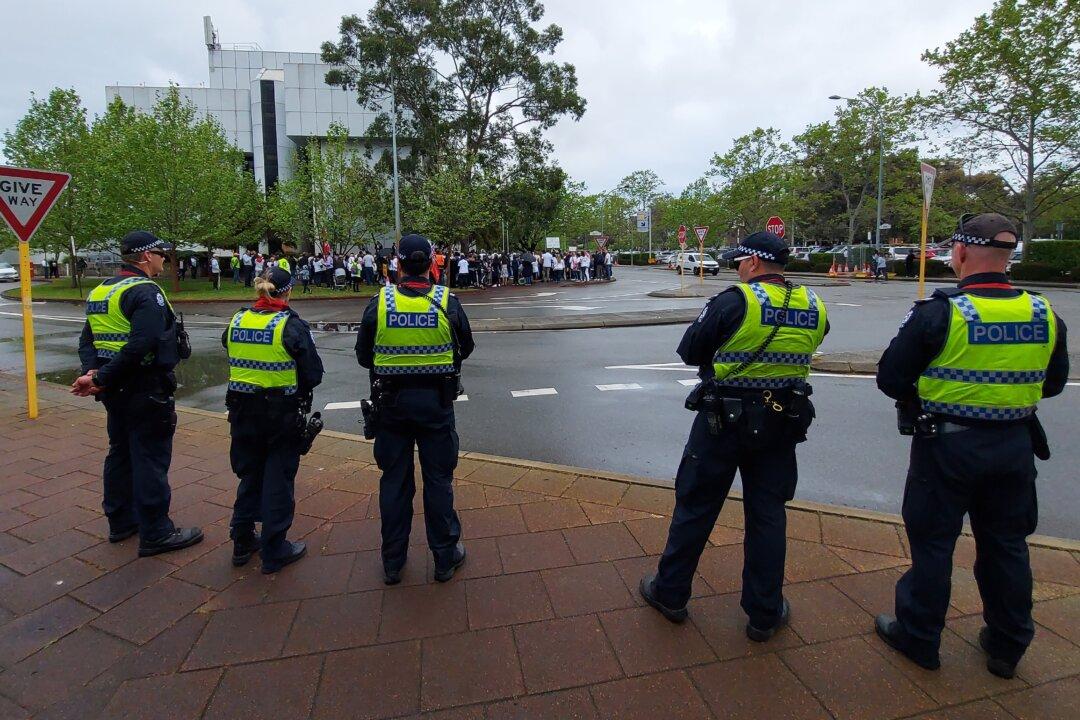Pressure is mounting on the European Union (EU) to deal with the alleged weaponization of migrants by Belarus President Alexander Lukashenko.
Lukashenko and his regime ordered thousands of migrants from the Middle East to be shipped to the EU borders in Poland, Lithuania, and Latvia, threatening the cohesion and solidarity between the EU and its northern member states.





